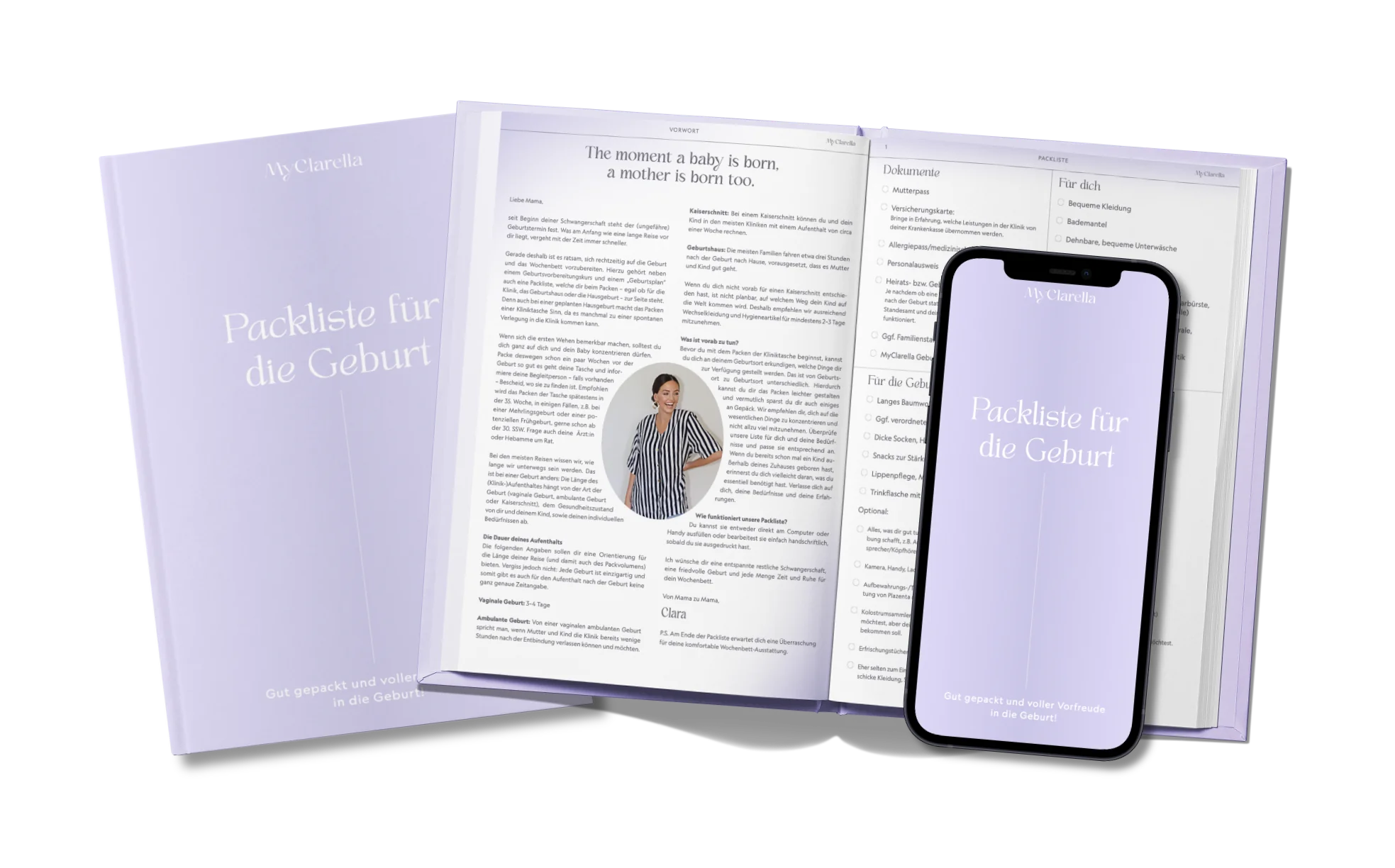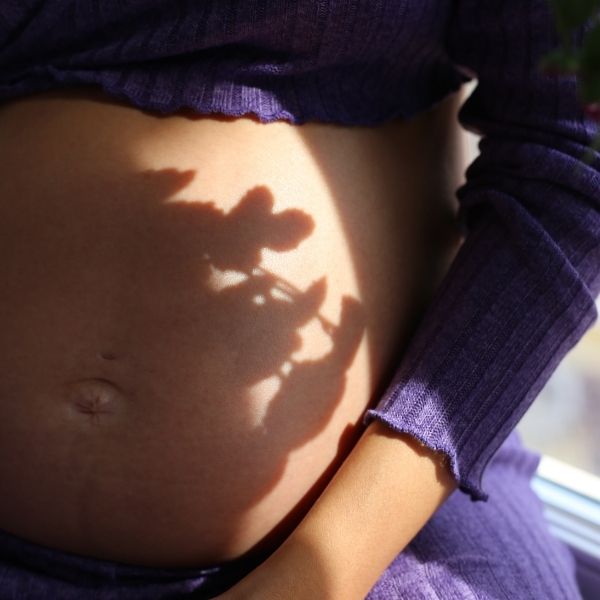When the “baby blues” remain – An overview of postpartum depression
Pregnancy and the birth of a baby are primarily associated with happiness and joy - perhaps a long-held wish to have a child has finally come true and the family has grown to include a new little one. Family and friends are happy for the new mother and shower her with congratulations and gifts.At first glance, sadness, dejection, or even depressive moods do not seem to fit in with this new-found happiness as a mother and are not the associations that one associates with this phase of life... or are they?
But depression can occur at any stage of life - even in those that we associate with happiness and joy. Postpartum depression, also known as postpartum depression, is a depression that occurs within the first six weeks after giving birth. In contrast to the so-called baby blues, a low mood a few days after giving birth that many new mothers experience, postpartum depression is a longer-lasting mental illness that requires treatment.
How do you recognize postpartum depression?
The symptoms of postpartum depression are no different from "normal" depression in other phases of life. Depression is characterized by dejection and sadness as well as loss of interest and anhedonia, or joylessness. A person suffering from depression is often depressed almost all the time and can no longer enjoy things that used to put him or her in a good mood, such as meeting loved ones or cooking and enjoying a favorite meal. In addition, other symptoms like lack of motivation, self-doubt, anxiety, and physical complaints such as restlessness and difficulty concentrating can occur.
However, there is one important difference to depression in other phases of life: the affected mothers feel strong feelings of guilt towards the baby.
This is because they find it difficult to perceive the child's signals, interpret them appropriately, and respond to them sensitively. Women who suffer from postpartum depression report difficulties in developing maternal feelings, even to the point of being numb to their baby. This can negatively impact the development of the mother-child bond and the child, which can manifest itself, for example, in emotional and behavioral abnormalities. Obsessive thoughts (e.g. hurting the child) are also not uncommon. Obsessive thoughts are ideas and thoughts that are recognized as nonsensical and exaggerated, i.e. do not reflect the mother's own opinion or belief, but keep coming up. They shock the mother, make her afraid, and create even more feelings of guilt. This can further intensify the depressive symptoms and set in motion a vicious circle.
Feelings of shame and guilt mean that those affected do not dare to be open with others and talk about their feelings. The fear of not conforming to a certain ideal and being labeled a "bad mother" is too great.
Nobody is to blame!
The most important thing to note right away: It is not a mother's fault if she develops postpartum depression after the birth of her child. Postpartum depression is a mental illness that can theoretically affect any new mother, whether a woman who perhaps became pregnant unplanned or a woman who has long wanted to have a child.
The following applies to all mental illnesses: There is no single trigger. Various factors always play a role - "multifactorial" is the term psychologists use for almost every mental illness. There are internal and external factors that can contribute to it. Internal factors include, for example, low self-esteem or inadequately processed traumatic experiences. Stressful life experiences such as separations or job loss are external factors. A genetic predisposition can also increase the susceptibility to developing a mental illness. The role these different aspects, or risk factors, play in the development of an illness varies from individual to individual.
Birth as a turning point in life
The enormous hormonal changes during pregnancy, birth, and breastfeeding appear to influence the development of mental illnesses. After childbirth, for example, the associated drop in estrogen is seen as a possible risk factor for the development of postpartum depression. In addition to the woman's hormonal balance, the birth also turns the parents' whole life upside down. A baby changes the dynamics of the relationship and upsets familiar routines. Suddenly there is a small being that needs the parents' undivided attention and whose needs must first be learned. The new role as a mother and the associated tasks and challenges require enormous adjustments. This can be very physically and mentally stressful and encourage the development of postpartum depression.
Treatment of postpartum depression
The good news - postpartum depression is easy to treat. The type of treatment depends on the severity of the illness. If the symptoms are mild, just talking to other sufferers, for example in a self-help group, can help. Moderate to severe symptoms often require psychotherapeutic treatment. This helps the mother, for example, to learn strategies for coping with stress and to activate supportive resources. Attention should also be paid to the mother-child relationship to prevent negative effects on the baby and to support a secure bond. It is advisable to involve the social environment, such as family and friends, to relieve the mother. In any form of treatment, education about the illness plays a central role. Additionally, the affected person and those around them must understand that the affected person and those around them understand that postpartum depression is a mental illness and not a personal failure of the mother. This creates understanding and relieves the mother's feelings of guilt.
Asking for help and support can be very difficult for affected mothers who feel guilty about their feelings and are afraid of being judged by others. But there are often many people in your environment or even professional contacts who do not judge but offer support to overcome this difficult situation - because no mother should have to deal with postpartum depression alone!
Help: Where can those affected or their relatives turn
If you feel that you or your partner is suffering from postpartum depression, consult a medical or professional (e.g. gynecologist, midwife) or encourage them to seek professional support.
You can find additional information and help under these links:
- Self-help organization for peripartum mental illnesses
- German Depression Help Foundation: Information and help for depression
Guest author: Susanne Hembd-Peuse, psychologist







Leave a comment
All comments are moderated before being published.
This site is protected by hCaptcha and the hCaptcha Privacy Policy and Terms of Service apply.